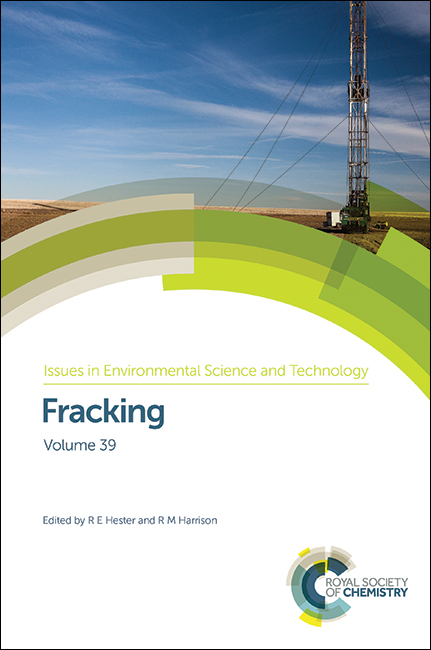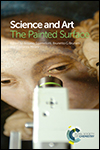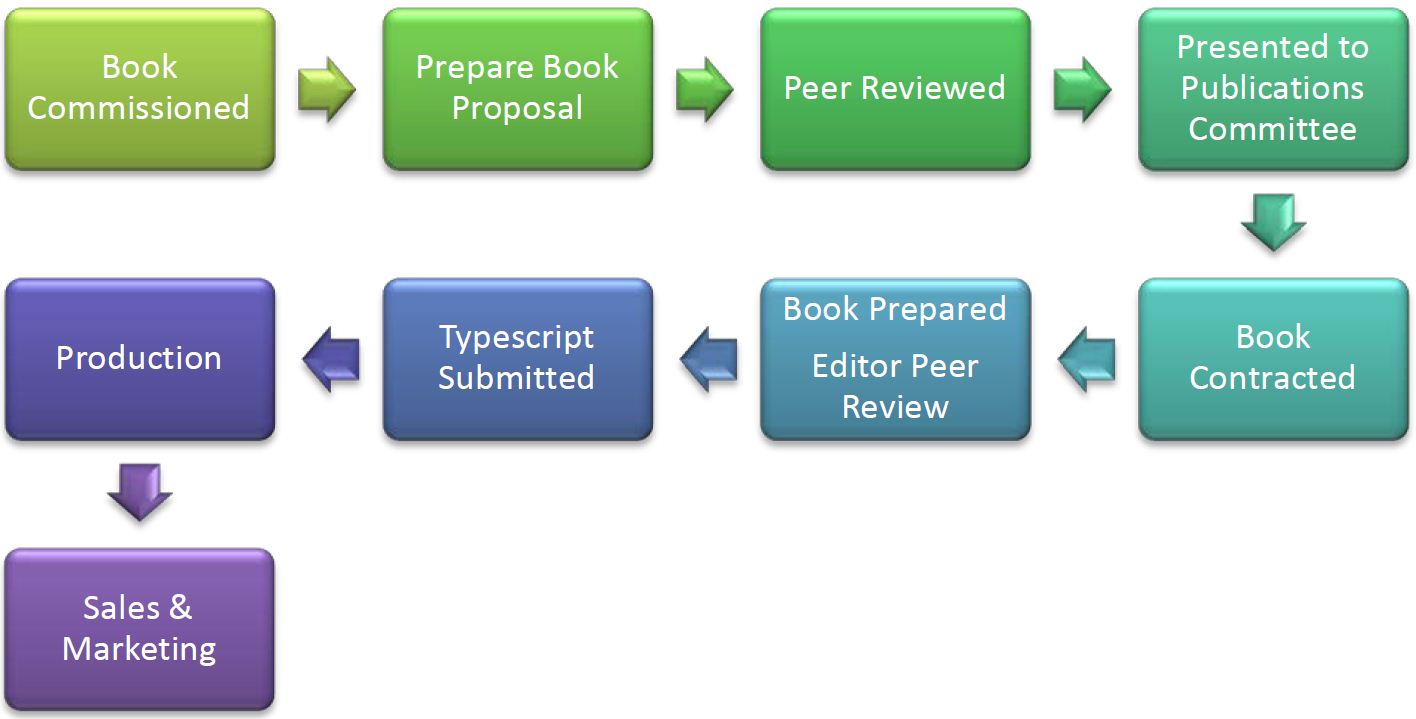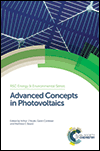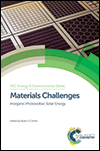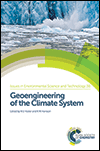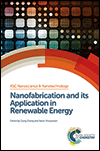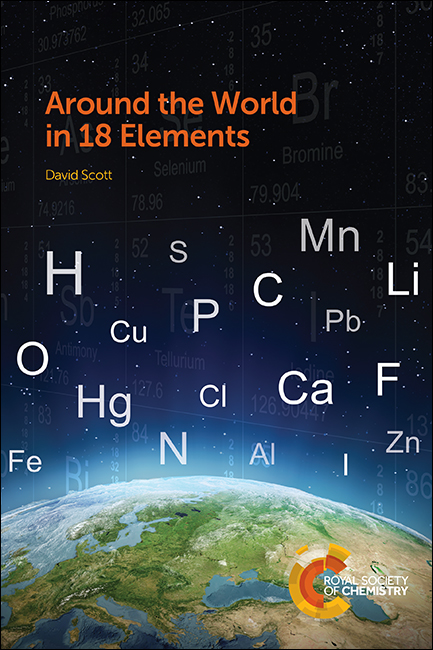This is part of a series of blogs explaining more about book publishing at the Royal Society of Chemistry.
It’s printed and ready to go, but how do people find out about it?
The Books team at The Royal Society of Chemistry will do as much as we can to raise the awareness of your new book. However, the most successful books are those whose Editors and Authors also actively promote their own work. Here are a few ideas on things you can do to help promote your title.
1. Wikipedia
It’s commonly the go-to resource during initial research. Finding a relevant article and editing it to include some of your content, adding your book title as a reference, will help create exposure. You can log in or register here. As a publisher, we are not allowed to post to Wikipedia.
2. Social Media
Promotion through social media platforms will help spread the word. These can include:
- Blogs
- Your website (eg Recently Published Works)
- YouTube interviews
- Amazon Author Central.
Add a link to the RSC Online Bookshop in your post and let us know if you would like a copy of the books’ cover image to use.
3. Tell your Librarian
Our experience tells us that institutions are keen to acquire copies of work done by their faculty and students.
Librarians will also publicise the work through their own networks and social media channels.
4. Inform your Communications Office
Send a short description, including a link to your title on the RSC Online Bookshop, to your Communications or Media Relations Office so they can increase awareness.
5. Use your Contacts
Tell your colleagues about the book or provide us with a list so we can contact them on your behalf. Let all contributors know the book is published so they can also publicise it.
6. Book Reviews
Ask colleagues to review your book on websites such as Amazon, or recommend reviewers for us to contact.
7. Conferences and Symposiums
If you plan to attend a conference, if you’re speaking, or if you can obtain the list of delegates, please advise us. Perhaps you could include a picture of your book cover in your talk or display fliers?



















